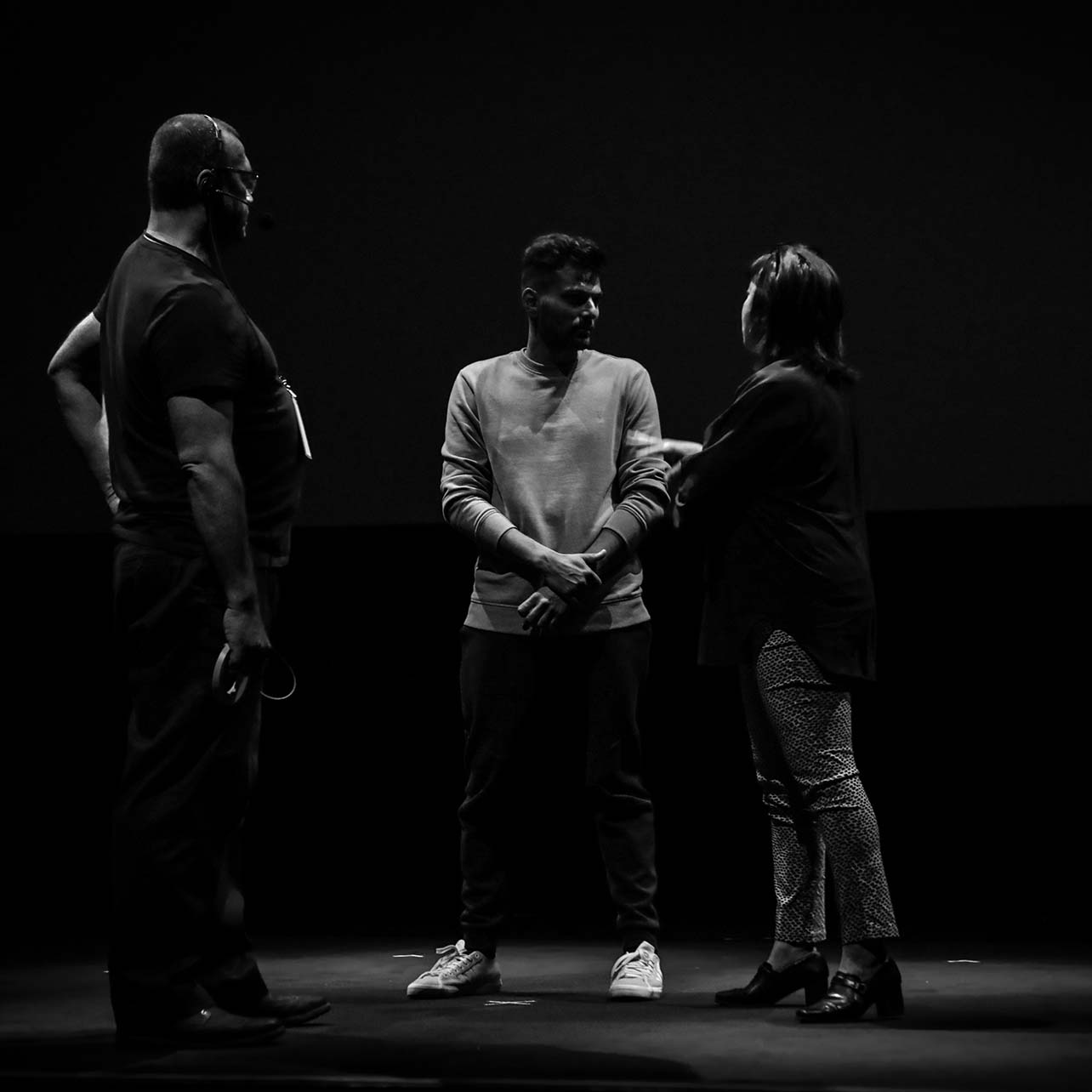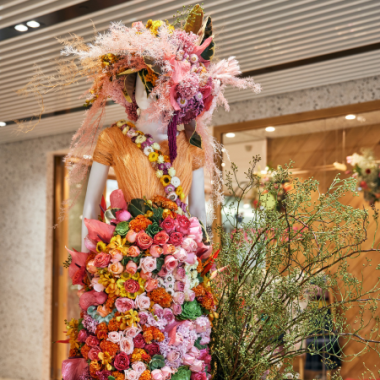
Jay Shetty’s Think Like a Monk is available for purchase at Books & Books.
Jay Shetty is not your average monk. Shetty, who hails from Britain, left the ashram in 2013 after realizing his life’s mission was to spread the wisdom he acquired whilst trying to achieve nirvana. Now, he teaches people how to practice ancient Hindu wisdom in their modern day lives. Shetty hosts the hit podcast “On Purpose,” his debut book, Think Like a Monk, was a runaway bestseller and he was recently named the Chief Purpose Officer of meditation app Calm, where he will help combine mindfulness with personal development. We spoke with Shetty about finding one’s purpose, the importance of routine and how each and every person can begin applying his wisdom to lead a happier and more fulfilling life.
In Think Like A Monk you write, “To my mind, adopting the monk mindset isn’t just possible—it’s necessary.” Why is that?
We live in an era of distraction. Recent data says we check our phones on average every four minutes. Simply connecting with what you think and what you feel, something that might seem easy, is a real struggle for a lot of us. We feel divorced and disconnected from ourselves, and this sometimes leads to loneliness, anxiety and stress; our health may suffer, we may not perform as well at work or we may fall short in our relationships. The monk mindset is an antidote to this. When we cultivate the monk mindset, we prioritize practices that help us to be more in tune with ourselves, to dial up our focus and to dial down distraction and, as a result, everything else in our lives starts to improve.
Why do you think so many people have difficulty finding their purpose in life?
There are a few reasons, but I think one of the biggest hurdles for people in finding their purpose is that they over-focus on either their skills or their passion. They might have something they’re really good at, like being an attorney or a marketer, and then they think that means they’re supposed to do that. So they do that, and a decade or two or three into their seemingly successful career, they’re miserable because they don’t particularly enjoy what they’re doing. On the contrary, we sometimes over-focus on what we enjoy and think that should be what we’re doing, but, even if you love gardening or singing, you may not be particularly skilled at it, and it might be tough for you to develop those skills. The sweet spot is really in finding that area where our skills and passions overlap.

Why are routine and structure so important to living a fulfilling life?
Jocko Willink, a retired Navy SEAL who I interviewed for my podcast, has this great saying, which is, “Discipline equals freedom.” When we adopt structure and routine into our lives, it’s a form of discipline. We start to prioritize what’s most important to us automatically and build that into our daily lives. When we do that, we know we’re ticking off the things that will make the biggest impact in the long run and, having done that, the time and the energy that are left give us the opportunity to be more creative.
Oftentimes countering negative thoughts with positive thoughts is easier said than done. Do you have any strategies for helping people to prevent negative thoughts from taking over?
One of my favorite strategies is a simple technique I call “spot-stop-swap.” We first learn to catch ourselves in the negative or toxic thought pattern–we spot when it happens. Then we stop the pattern by taking a few deep breaths, which gives us space to try and understand it. Notice what’s triggering your negativity. Is it envy? Is it loneliness? Often there’s some element of comparison involved, and as Mark Twain once wrote, “Comparison is the death of joy.” Once we’ve gotten inside of our thought pattern, we need to substitute it with something else: thus, the swap. One way we can assuage our negative thoughts is by giving voice to what’s bothering us—maybe by writing in a journal. It’s not about complaining, but rather it’s about identifying and being specific about our feelings and the situation. From there, we’re more likely to see solutions. Or if it’s that we’re jealous of someone else’s accomplishments and we’re comparing ourselves to them, we might swap in the practice of mudita, or feeling unselfish joy for the good fortune of others.






